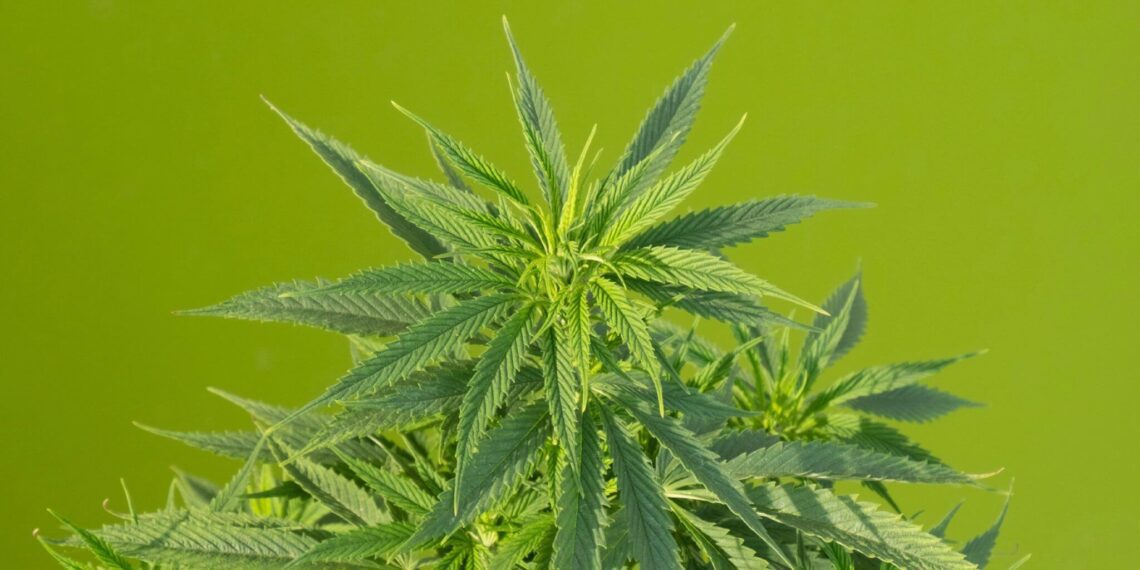Cannabidiolic acid (CBDA) is a cannabinoid extracted from the leaves and flowers of hemp varieties of Cannabis Sativa. Cannabis is a complex plant with different types of compounds that has over 400 chemical entities, where at least 60 of them are cannabinoid compounds with opposing side effects.
These cannabinoids cause the effects of marijuana including, CBDA, THC and, CBD, that users have come to appreciate and enjoy. CBDA is a non-psychoactive compound–it doesn’t produce the effect of changing one’s behavior, serving as a precursor to CBD.
You can refer to Cannabidiolic acid as the raw form of Cannabidiol (CBD), so CBDA is decarboxylated(heated) to create CBD. This process happens when vaped, smoked or if the plant material is naturally left to dry at room temperature or in the sun.
Often, Cannabidiolic acid is consumed as CBD, but also beneficial in its raw form. Where to buy CBDA differs with your location, as you can easily find most of its form: oil, tinctures, topical creams, raw CBDA oil, and raw cannabis juice.
Although CBDA attracts less public attention, the raw juicing cannabis trend is bringing CBDA into the spotlight. Learn more about CBDA to understand its benefits and the differences between CBD.
Table of Contents
Differences and Similarities Between CBD and CBDA?
Cannabidiol is a well-known hemp component with various health benefits, while Cannabidiolic acid(CBDA) is produced by the hemp plant, which at increased or room temperature converts to CBD.
Although CBD and CBDA are non-intoxicating and non-impairing, they have significant differences, which include:
- When consumed orally, CBDA is up to 11 times more effective than CBD
- For some applications and in lower doses, CBDA may be more potentthan CBD for reducing inflammation, seizures, and stress-induced anxiety
- CBDA and CBD have anti-inflammatory properties but act using different mechanisms in the body.
What are the Benefits of CBDA?
A study by Richard van Breemen, a researcher at Linus Pauling Institute and Oregon State’s Global Hemp Innovation Center in the College of Pharmacy, showed that CBDA has the potential to treat and prevent infections caused by SARS-CoV-2.
Although further research needs to be done, Van Breemen believes that cannabinoids could be used to develop drugs that can treat and prevent Covid-19.
Other benefits of CBDA include:
- Improved performance and recovery from exercise
- Relieve inflammation and pain after physical activity
- Promote resilience to stress
- Boosts your mood
- Relieve irritability
- Help occasional insomnia
- Promotes clear thinking and alertness
What is CBDA oil?
CBDA oil is infused with CBDA, making it the best way to consume CBDA. It uses its active ingredient in cannabis topicals, tinctures, edibles, vaporizers, and capsules. Unfortunately, getting high-quality CBDA oils is harder because acidic cannabinoids are more complex to extract and stabilize. The available CBDA comes in various forms, such as full-spectrum, isolate, healer spectrum, and broad-spectrum.
The most effective way to take CBD is oral– placing the CBDA oil drops using sublingual administration(under the tongue) to ensure that it’s absorbed fast and efficiently, minimizing digestion delays.
Additionally, you can add CBDA oil drops to your drinks and meals. However, you may need to use a larger dosage as it may take longer to feel its effect. You can also apply CBDA oil drops directly to your skin, added to your favorite beauty product or cream, or as a topical.
Human research on CBD and CBDA is ongoing, but findings show that a small dosage of CBDA can have significant physiologic effects. However, you can feel free to start with a CBDA product if:
- You want to experience CBDA’s more powerful benefits.
- You’ve tried CBD in the past in moderate to high amounts (25-50mg) and need a more potent dosage
- You are a user of THC, and you don’t want its effects reduced.
Final Thoughts
People are switching from CBD to CBDA, especially if they need a higher dosage or CBD oil doesn’t deliver the expected results. If you are under pharmaceutical medication, discuss your CBD or CBDA usage with your health provider, as it can interact with certain medications.

